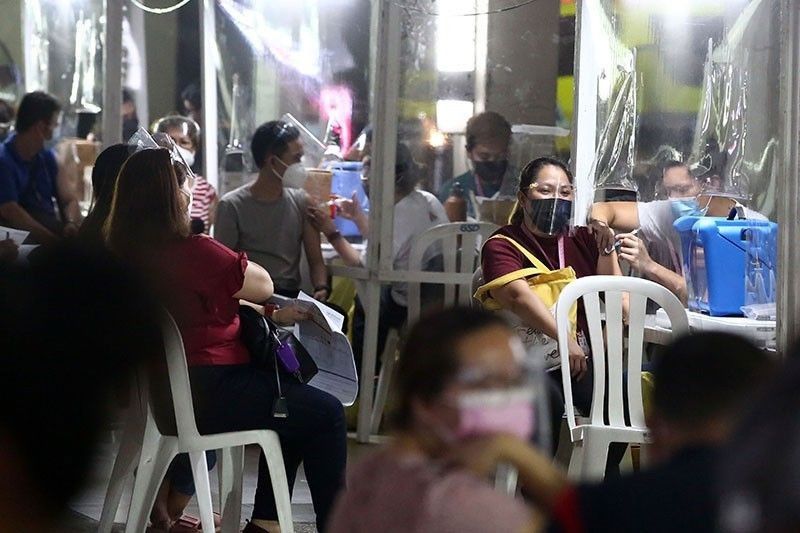‘Herd immunity critical in Philippines economic recovery’

MANILA, Philippines — The country’s economic recovery this year remains in jeopardy as the chances of achieving herd immunity are getting dimmer, even as the government moves to stop imposing restrictions and mobility curbs.
In a report, London-based Capital Economics said prospects for a strong economic rebound for the Philippines this year are dimming with the continued surge in COVID cases due to the more transmissible Delta variant.
The think tank maintained that the outlook for the country continues to worsen, with cases in the last few weeks already reaching record highs and well above the previous peak in April.
“The government has been less willing to resort to blanket restrictions and mobility is holding up better so far. But even if a drawn-out lockdown is avoided, this latest surge will hold back the economy,” senior Asia economist Gareth Leather said.
The National Economic and Development Authority has long been pushing for granular and localized lockdowns in areas where risks are the highest instead of shutting down entire cities, especially in Metro Manila.
The capital returned to the strictest quarantine measure in August to avert a surge in cases, but three weeks later, cases show no signs of going down.
Metro Manila and nearby economic hubs remain under modified enhanced community quarantine until Sept. 7.
Even the Department of Health already said wide-scale lockdown is no longer effective and granular restrictions should instead be implemented.
Data showed that implementing the strictest blanket restrictions is causing the economy to bleed nearly P150 billion per week, and even as lockdowns are eased, losses remain although smaller.
“Prospects of a rebound in the third quarter are fast diminishing. Slow vaccine rollouts mean there is a risk that restrictions will need to be reimposed in the future,” Leather said.
Unfortunately, Capital Economics does not believe that the Philippines will achieve its target of attaining herd immunity by inoculating 70 percent of the population by the end of the year, even as the government said COVID-19 vaccines secured by the Philippines are enough to inoculate all Filipinos.
“Vaccination is unlikely to change the outlook much in the short term,” Leather said.
Epidemiologists have said that with Delta, from 80 to 85 percent of the population must be vaccinated to attain herd immunity.
Government data showed that 33.1 million doses have been administered so dar.
About 12.7 percent or 13.78 million Filipinos have been fully vaccinated, while those given at least one dose have reached 19.31 million or some 17.3 percent of the population.
According to local vaccine tracker Herd Immunity PH, the Philippines will be able to achieve herd immunity only by March 2022 given the rate of daily vaccination.
Still, the government has been firm that the year-end target remains achievable.
Data from the Department of Finance showed that 143.69 million doses have been contracted for this month until December. If this will all be delivered as scheduled, total COVID-19 vaccines for 2021 will reach 195.59 million.
- Latest
- Trending































